People
Faculty
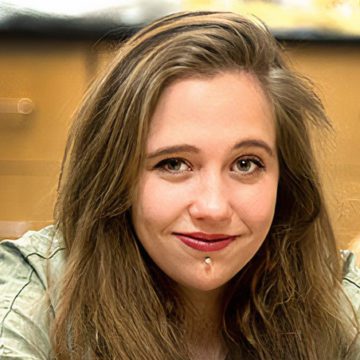
Kat Albrecht
Kat Albrecht is an Assistant Professor in the Department of Criminal Justice and Criminology in the Andrew Young School of Policy Studies at Georgia State University. Dr. Albrecht’s work sits at the intersection of computational social science and law, where she uses innovative computational techniques to study fear, violence, and data distortions. She is particularly interested in the nexus of fear and risk-taking behaviors, digital trace data, and the impact of law on decision-making. She frequently serves as a computational science expert for the defense on active legal cases about life without the opportunity of parole, felony murder, gang enhancements, and tribal jurisdiction.
Cynthia Searcy
Cynthia Searcy is Associate Dean of Academic Innovation and Strategy and Clinical Associate Professor of Public Management and Policy at the Andrew Young School of Policy Studies. She leads efforts in the college to elevate the use of data science in policymaking. Dr. Searcy builds curricula to develop skills in computational social science to harness these techniques for the public and nonprofit sectors.Speakers
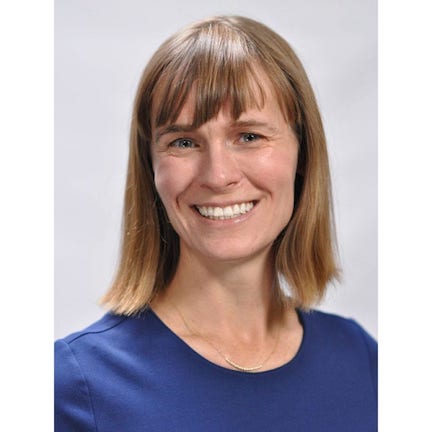
Charlotte Alexander
Charlotte S. Alexander holds the Connie D. and Ken McDaniel WomenLead Chair as an Associate Professor of Law and Analytics at the Robinson College of Business and the College of Law at Georgia State University. She founded and directs the university’s Legal Analytics Lab, which brings together faculty from law, business, and data science to take on legal problems and questions using computational methods. Professor Alexander’s own scholarship focuses on civil litigation, and particularly employment litigation, using text mining, natural language processing, and machine learning to uncover patterns in case filing, progress, and resolution in both courts and private dispute resolution fora. She received her B.A. from Columbia University and her J.D. from Harvard Law School.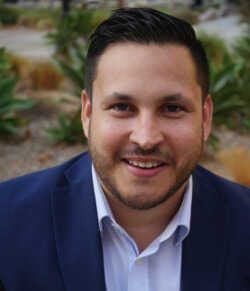
Omar Issac Asensio
Omar I. Asensio is an Assistant Professor in the School of Public Policy at the Georgia Institute of Technology. His research focuses on the intersection of big data and public policy, with applications to energy systems and consumer behavior, smart cities, and machine learning in transportation and electric mobility. He directs the Data Science and Policy Lab at Georgia Tech, where he collaborates with the private sector and city governments on data innovations in policy analysis and research evaluation. He is a faculty affiliate at the Institute for Data Engineering and Science (IDEaS), the Machine Learning Center, and the Strategic Energy Institute. Dr. Asensio’s research has been published in leading journals such as Nature Energy, Nature Sustainability, and PNAS. His work uses statistical and computational tools to advance our understanding of how large-scale civic data and experiments can be used to increase participation in civic processes, while addressing resource conservation and environmental sustainability. He received a B.S. and M.S. from the University of Southern California, and his doctorate in Environmental Science & Engineering from the University of California Los Angeles.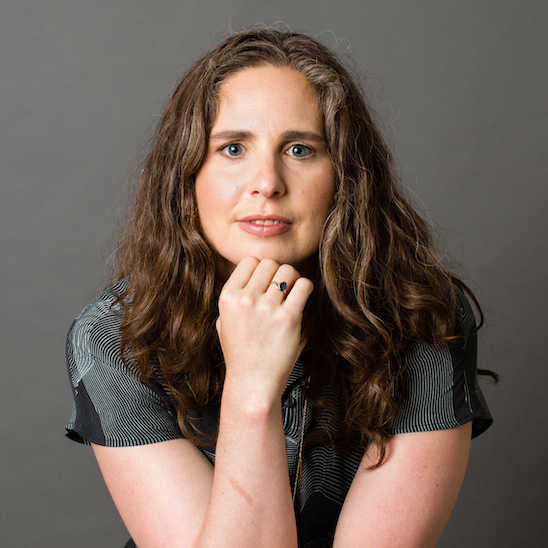
Lauren F. Klein
Lauren Klein is Winship Distinguished Research Professor and Associate Professor in the departments of English and Quantitative Theory & Methods at Emory University, where she also directs the Digital Humanities Lab. Before moving to Emory, she taught in the School of Literature, Media, and Communication at Georgia Tech. Dr. Klein works at the intersection of digital humanities, data science, and early American literature, with a focus on issues of gender and race. She has designed platforms for exploring the contents of historical newspapers, modeled the invisible labor of women abolitionists, and recreated forgotten visualization schemes with fabric and addressable LEDs. In 2017, she was named one of the "rising stars in digital humanities" by Inside Higher Ed. She is the author of An Archive of Taste: Race and Eating in the Early United States (University of Minnesota Press, 2020) and, with Catherine D’Ignazio, Data Feminism (MIT Press, 2020). Her current project, Data by Design: An Interactive History of Data Visualization, 1786-1900, was recently funded by an NEH Digital Humanities Advancement Grant.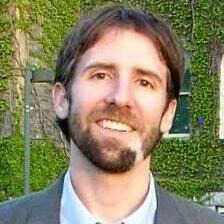
Jesse D. Lecy
Jesse Lecy is college professor of Data Science and Nonprofit Studies at the Watts College of Public Service and Community Solutions and an associate professor in the School of Community Resources and Development. He is currently on leave as a Data Scientist at the Urban Institute. His research examines the economics of the nonprofit sector with a focus on the life-cycles of charitable organizations, nonprofit entrepreneurship, and performance of social programs, as well as work on urban policies that promote strong communities. He has worked actively to integrate data science into public affairs and data-driven management practices in public and nonprofit organizations. He is an advocate of open science practices in scholarship and a co-founder of the Nonprofit Open Data Collective, a group of industry experts and data scientists that are committed to creating better data for the sector. He received his B.A. from the University of St. Thomas, an M.S. from Carnegie Melon, and his doctorate from Syracuse University.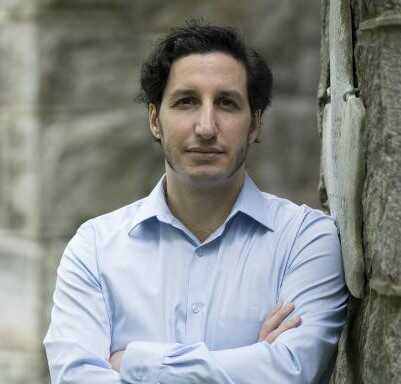
Dror Walter
Dror Walter is an Assistant Professor of Communication in the College of Arts & Sciences at Georgia State University. His research is centered on the intersection between traditional media effects theories and novel computational social science methods. His research addresses the ways computational methods such as network analysis, unsupervised machine learning, and supervised machine learning can aid in the analysis of online politically relevant content. Specifically, his past and current work is often situated within the field of political communication with projects such as the conceptualization, measurement and impact of thematic diversity, strategies of political candidates on social media, impact of news framing on candidates’ electoral success, and inductive approaches to nation branding. Additionally, he also studies extremist forms of political discussion focusing, and political/health misinformation.Teaching Assistants

Olga Churkina
Olga Churkina is a Ph.D. candidate in Public Policy jointly at Georgia State University and Georgia Institute of Technology. Her research interests include experimental and quasi-experimental methods for education and labor market policies, microeconomics models of human behavior, and applications of big data. Her background is in Quantitative Economics and she is currently involved in the Smart Cities project as a member of the Data Science and Policy Lab at Georgia Tech. Furthermore, she is working on a prosocial behavior research at GSU ExCEN as well as a labor market field experiment for her dissertation.Participants

Lorenzo Almada
Lorenzo Almada is a clinical assistant professor of economics at the Andrew Young School of Policy Studies at Georgia State University (GSU). He received his PhD in Economics from GSU in 2014 and spent 3 years as a Postdoctoral Research Scientist at the Columbia Population Research Center and Columbia University’s School of Social Work. Dr. Almada’s research interests focus primarily on policy-driven questions in the field of health economics centered around the effects of food assistance programs and social policies on diet-related outcomes.
Allyson Bachta
Allyson Bachta is a PhD candidate at University of Massachusetts Boston. Her research lies at the intersection of intrastate political violence and education in post-conflict, polarized, and divided societies. She is specifically interested in examining how machine learning can support early conflict warning and prevention research.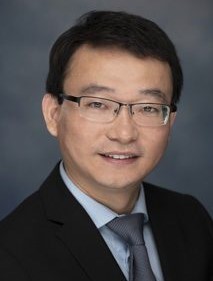
Can Chen
Can Chen is an associate professor in the Andrew Young School of Policy Studies at Georgia State University. His substantive research topic interests include infrastructure (transportation) finance and policy, disaster finance, and fiscal transparency. His methodological interests are causal research designs and emerging data sciences.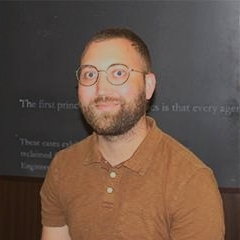
Ryan Ellis
Ryan Ellis is a PhD student in the School of Economics at the Georgia Institute of Technology. His research interests include migration and borders, health, and development economics. Prior to joining Georgia Tech, Ryan worked as an educator and financial counselor with immigrant-led non-profit organizations in Nashville, TN.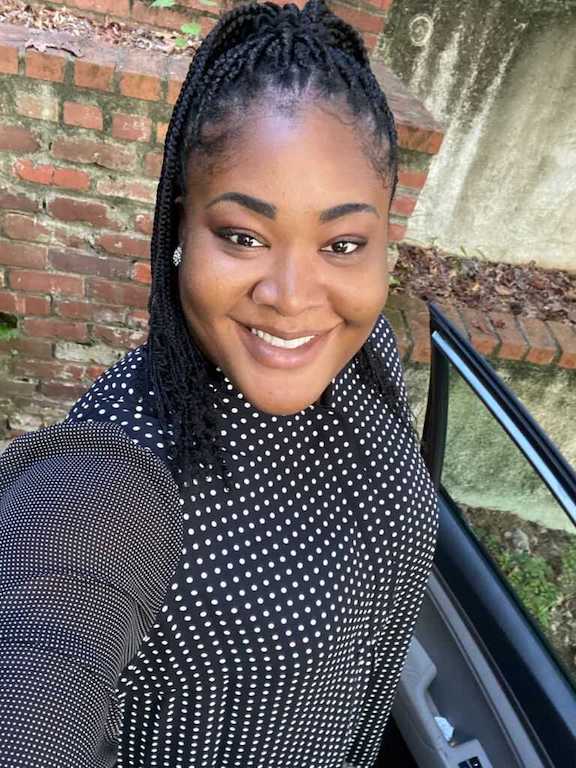
Amy Eremionkhale
Amy Eremionkhale is a Clinical Assistant Professor of Economics at Georgia State University. Her current research focuses on the impact of price, income, and externalities on incentives for health care providers and on patient behaviors. Additionally, she does research on the impact of pricing on antimicrobial use and antimicrobial resistance.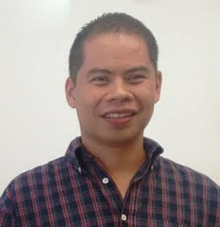
Ivan Flores Martinez
Ivan Flores Martinez is doctoral student in the Public Policy Program at UNC Charlotte. He studies the dynamics of criminal violence in Mexico and its consequences on citizens´ wellbeing. Additionally, he uses NLP and transformer models to build new datasets about phenomena that is hard to quantify.
Thomas Goldring
Thomas Goldring is the Director of Research at the Georgia Policy Labs. His research leverages research-practice partnerships with state agencies and school districts to build, support, and improve evidence-based decision-making that serves vulnerable populations in Georgia. He holds a PhD in public policy and management from Carnegie Mellon University.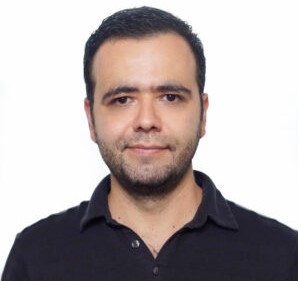
Juan Gomez-Cruces
Juan S. Gómez Cruces is an ABD Ph.D. student at Georgia State University, in the Political Science program. Gómez Cruces was born and raised in Mexico City. In 2013, he moved to Denver, Colorado where he obtained an M.A. in Political Science for the University of Colorado, Denver. His research interests include populist rhetoric, social media communication, and polarization in Latin America.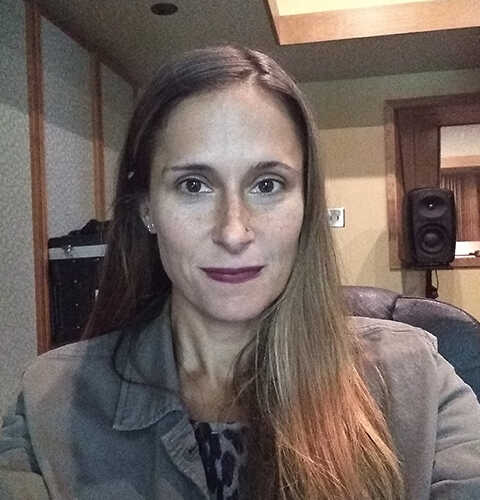
Jennifer Hickey
Jennifer is pursuing a PhD of Political Science and a Graduate Certificate in Women’s Studies at the University of Georgia. She is an attorney and Postdoctoral Fellow with the Vulnerability and the Human Condition Initiative at Emory Law. Jennifer is a former software engineer with an MS in Software Engineering.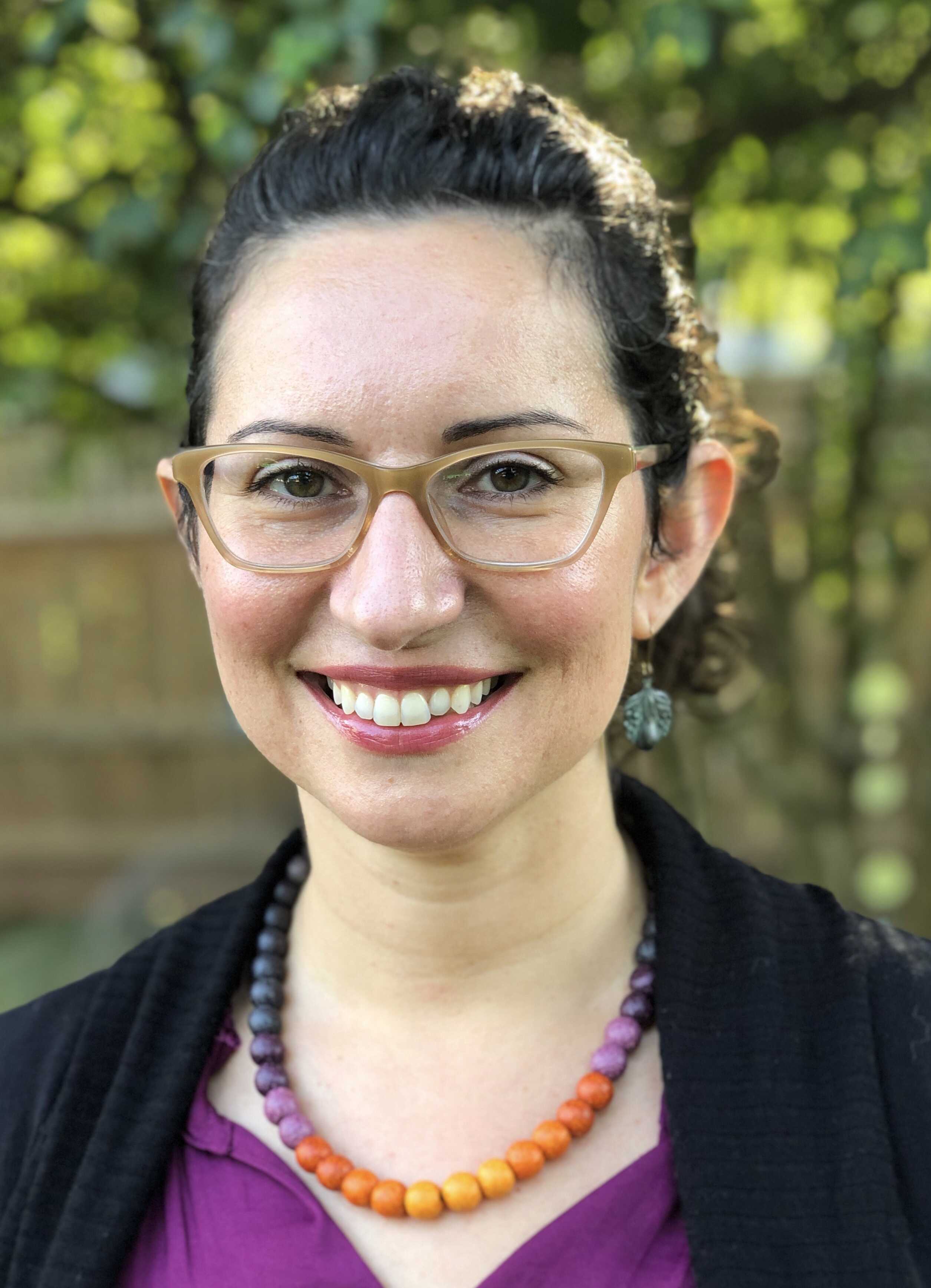
Katherine Kountz
Katherine Kountz is a doctoral student in the Department of Communication at Georgia State University and a presidential fellow in the Transcultural Conflict and Violence Initiative (TCV). She uses semi-automated machine learning methods to analyze rhetorical environments and their influence on political polarization, radicalization, and how political extremists mobilize media for recruitment.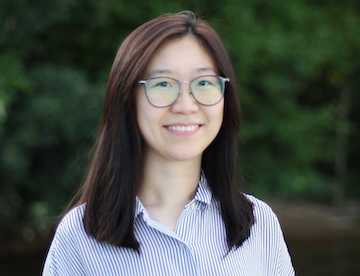
Yuehan (Jessie) Liu
Yuehan (Jessie) Liu is a Ph.D. candidate in the Department of Communication at Georgia State University. Her dissertation focuses on people's motivations to give social support on social media. Before coming to the Ph.D. program, Jessie studied Journalism at Michigan State University and earned her bachelor's and master's degrees.
Eliza Oak
Eliza Oak is a second-year political science PhD student, also pursuing an MA in Statistics & Data Science, at Yale University. Her work broadly spans comparative politics, international political economy, and quantitative methods. Specifically, she's interested in questions related to the politics of blockchain and other emerging technologies, particularly in developing markets. She has used a variety of methods in her research, including applying machine learning techniques to collect and analyze text and image data, or analyzing original survey and experimental data. Prior to Yale, Eliza worked as a research associate at MIT’s Political Methodology Lab, and she holds a BA in political science from BYU.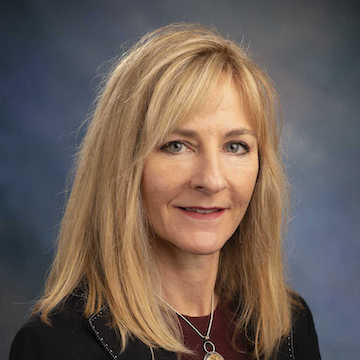
Heather Offutt
Heather Offutt is an Associate Professor of Psychology at Georgia State University Cognitive Sciences program, and an associate member of the Neuroscience Institute. Her research focus is memory and decision-making in the legal context. She consults with trial attorneys in eyewitness identification cases and serves as an expert witness.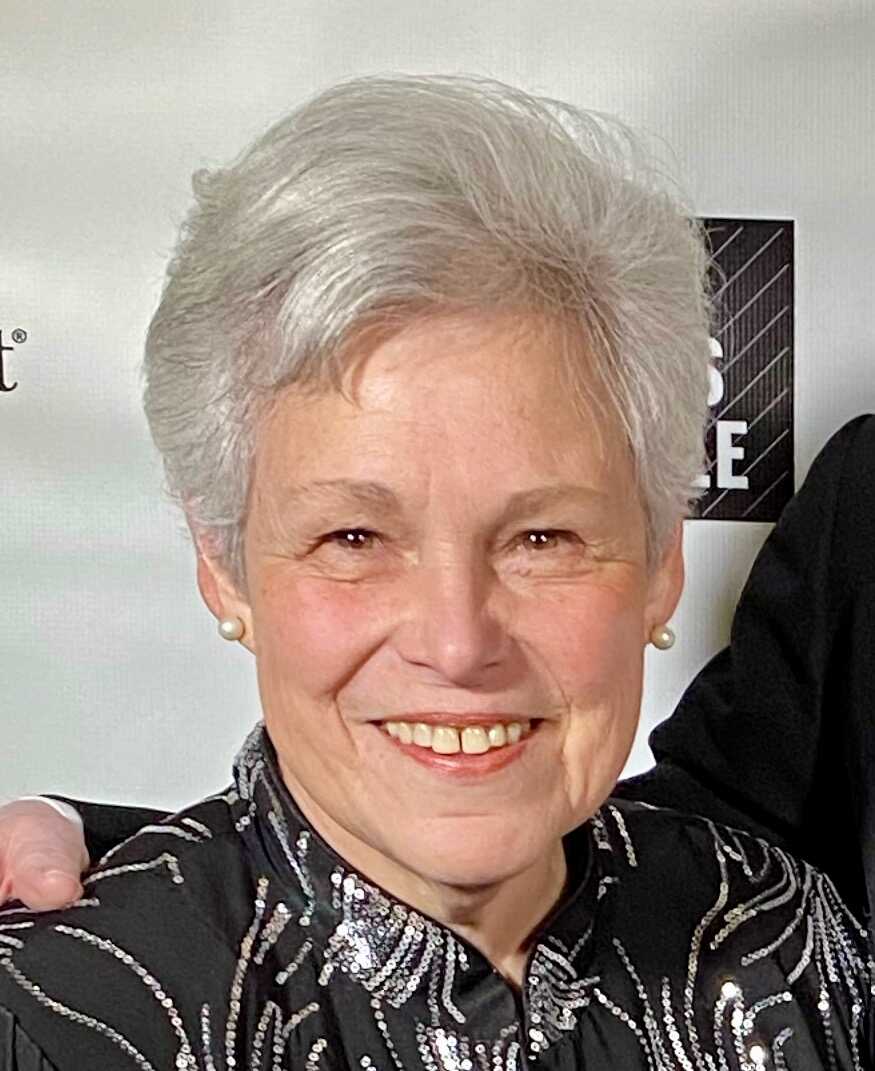
Risa Palm
Risa Palm is a Professor of Urban Studies at Georgia State University and was provost from 2009-2019. Her Ph.D. is in geography, and she does research on science communication. She has three recent books on the impact of visual information about sea-level rise on the housing market in South Florida, and the use of various messages to affect vaccine hesitancy.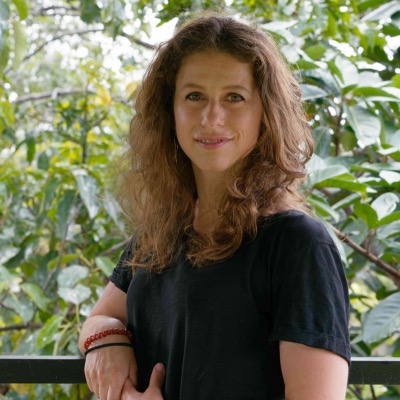
Hanna Schleihauf
Hanna Schleihauf is a Marie Curie Postdoctoral Fellow at University of Berkeley, California. She studies how people across the world transmit behaviors and beliefs between one another and hopes to investigate the influences of direct and indirect exchange on the spread of knowledge and beliefs within the online environment in the future.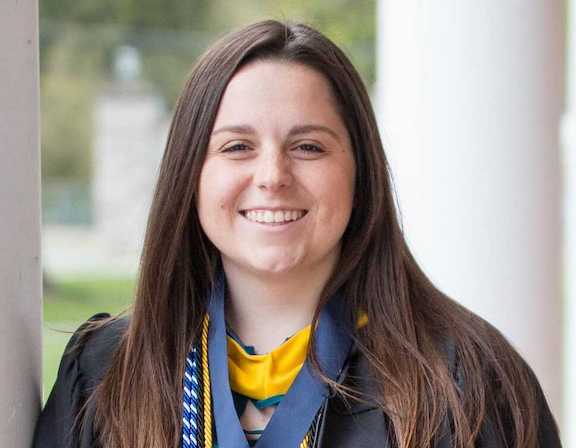
Beth Stevens
Beth Stevens is a doctoral student at Georgia State University in the Cognitive Psychology department. Her research interests focus on the intersection of psychology and the law. Currently, her work applies non-conventional data techniques to analyzing how system and estimator variables influence eyewitness identification and legal decision-making.
Chris Thayer
Chris Thayer is a Data Scientist with the Georgia Policy Labs specializing in data preparation, sensitive data de-identification, and policy communication. Their research interests include administrative data linkage and housing programs. Chris holds master’s degrees in public policy and city & regional planning from the Georgia Institute of Technology.
Lauren Williams
Lauren Williams is a MS candidate for Business Analytics at Mercer University. Her research areas of interest include natural language processing, process optimization & logistics. Previously, she was a research assistant at The University of Alabama, where she obtained her BS in marketing. The research was primarily operations based and focused on designing an equitable and effective food distribution system for Feeding America.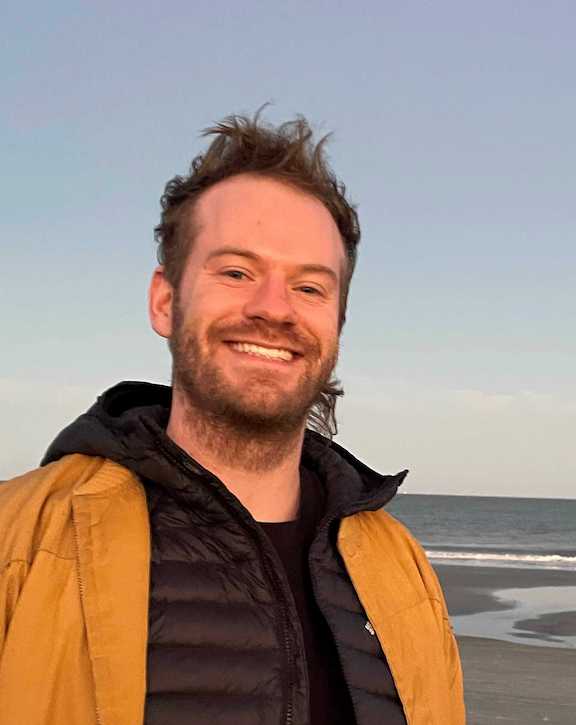
Ben Wills
Ben Curran Wills is a MS candidate in the School of History and Sociology under a Kranzberg Fellowship. He is interested in equity implications of telehealth and aligned business models, masculinities, financialization; and labor/future of work. Previously he was a (senior) project manager and research assistant at The Hastings Center, a bioethics think tank in New York, where he worked on ethics of public deliberation over wild release of genetically modified organisms, the impacts of returning genetic test results about autism, and public opinion of human-animal chimera research, among other projects.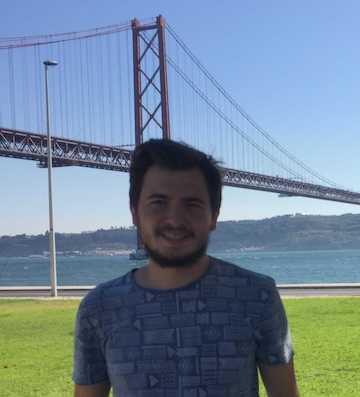
Burak Kazim Yilmaz
Burak is a PhD student in political science at Emory University. His research interests include civil wars, terrorism, and ethnic politics. Before starting the doctoral program at Emory, he earned a BA and an MA from Bilkent University in Turkey.